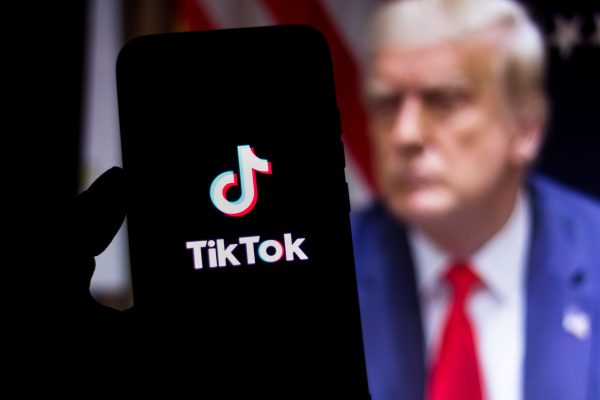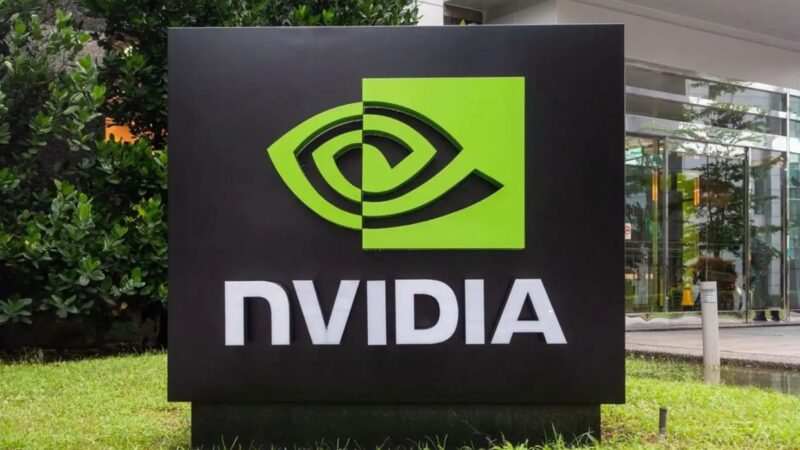Meta-Form Task Force Against Misleading AI Content in EU Elections
Meta, the parent company of Facebook and Instagram, has announced its intention to assemble a specialised team to counter deceptive artificial intelligence (AI) content during the upcoming European Union elections set for June. The decision follows apprehensions regarding the potential misuse of generative AI technology to deceive voters by distributing falsified videos, images, and audio clips.
The initiative coincides with Home Secretary James Cleverly’s statement to the Times, warning of the possibility that some individuals might employ AI-generated fabrications to influence the outcome of a general election. Despite Meta’s efforts, industry experts have raised concerns about the efficacy of the proposed plans, suggesting they may lack the necessary effectiveness.
The European Parliament elections are slated to take place from June 6 to 9, presenting a critical juncture for safeguarding the integrity of the electoral process. In response to these challenges, social media platform TikTok declared in February its intention to establish “election centres” within its app for all 27 EU member states, offering authoritative information in local languages.
Marco Pancini, Meta’s head of EU affairs, outlined the company’s strategy in a blog post, disclosing plans to establish a dedicated “EU-specific Elections Operations Centre.” This centre will proactively identify potential threats and implement targeted interventions across Meta’s suite of platforms and technologies in real-time.
Pancini emphasised Meta’s substantial investments in safety and security, totaling over $20 billion, and the expansion of its global team dedicated to these efforts to approximately 40,000 personnel.
However, Deepak Padmanabhan from Queen’s University Belfast, a co-author of a paper on elections and AI, voiced reservations about Meta’s approach. He expressed scepticism about the effectiveness of the company’s strategy in combating AI-generated images and questioned the feasibility of distinguishing between authentic and fabricated content.
Despite these challenges, Meta continues to collaborate with 26 fact-checking organisations across the EU and plans to onboard three additional partners to confront the evolving threat landscape. These organisations will focus on debunking misinformation, including content incorporating AI-generated elements, and applying warning labels to mitigate their impact. Meta asserts that addressing these challenges requires collective effort across industry, government, and civil society to uphold the integrity of democratic processes in the digital age.






